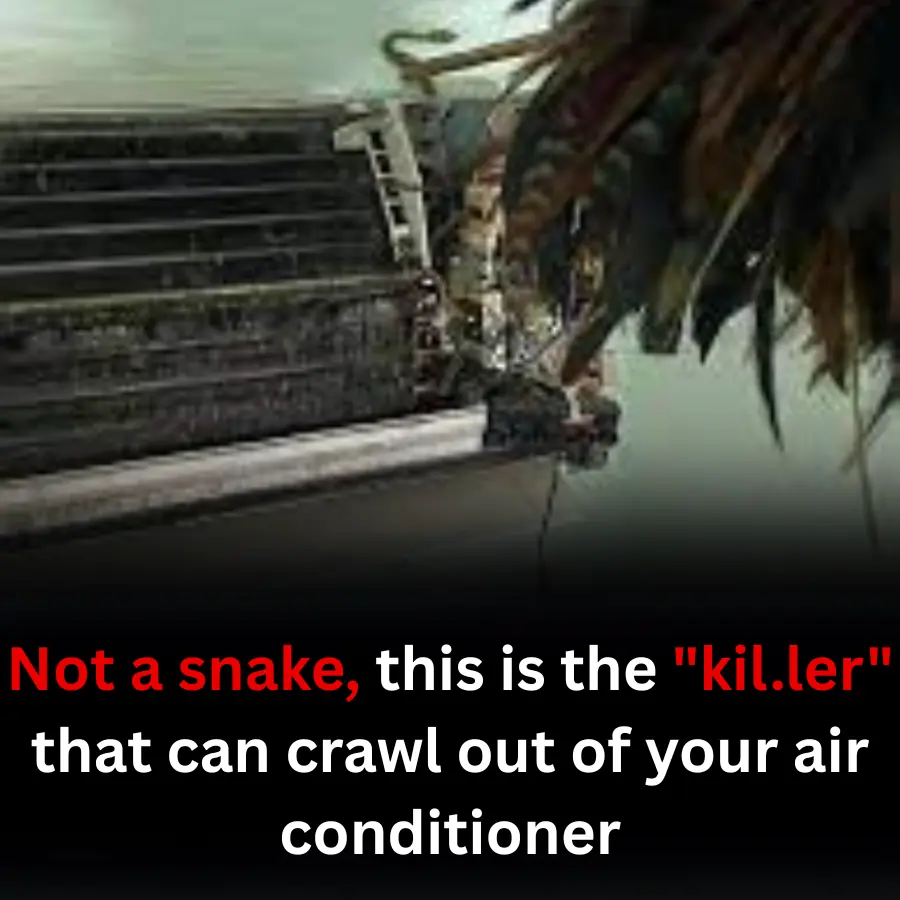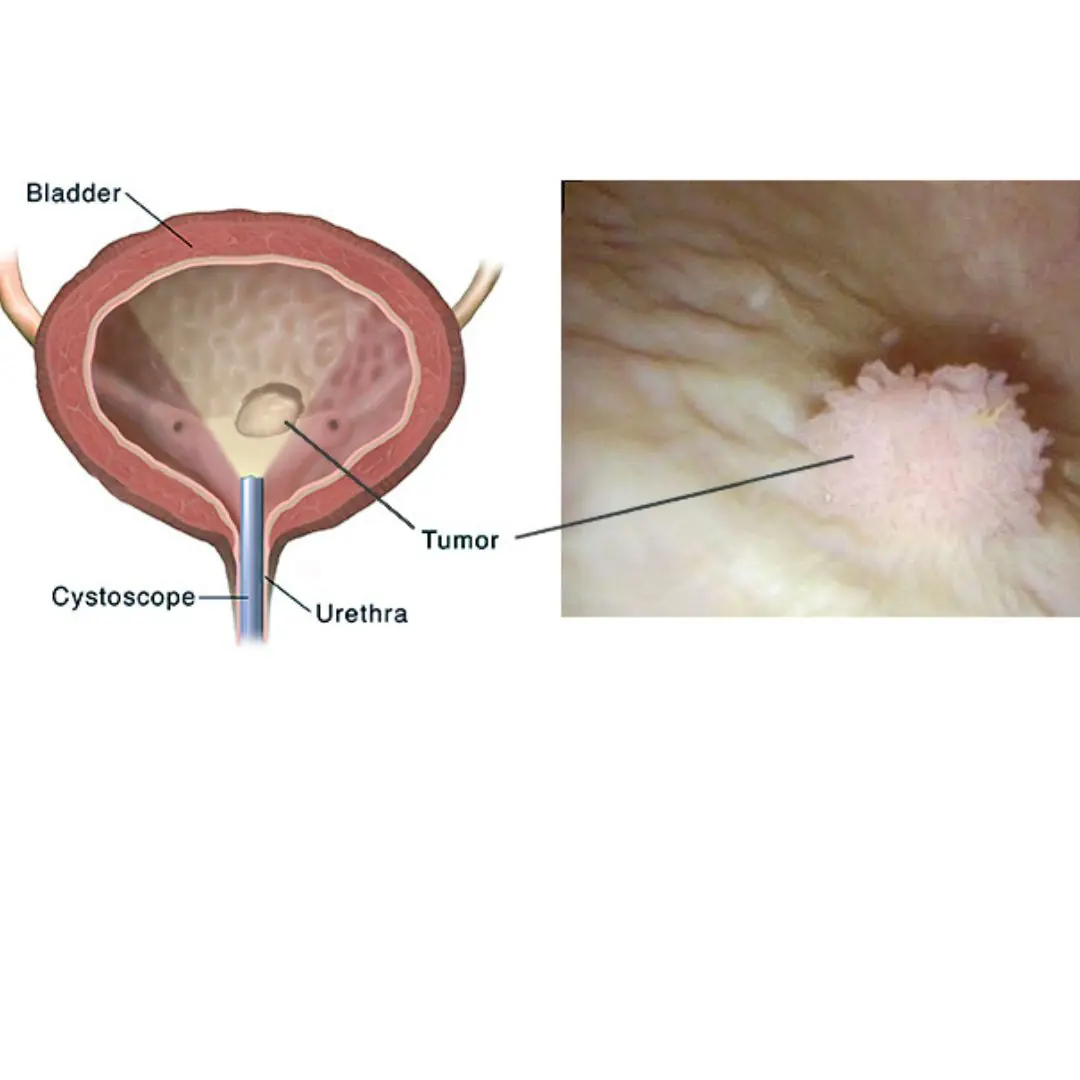
3 Critical Mistakes You Must Never Make with a Stro.ke Victim — Regret Won’t Undo the Damage
3 Critical Mistakes You Must Never Make with a Stro.ke Victim — Regret Won’t Undo the Damage
When a person suffers a stroke, every second counts. A stroke occurs when blood flow to the brain is blocked or reduced, depriving brain cells of oxygen and nutrients. Without rapid and correct intervention, permanent brain damage, severe disability, or death can occur. However, in moments of panic, even well-meaning bystanders or loved ones may make critical mistakes that unintentionally worsen the situation.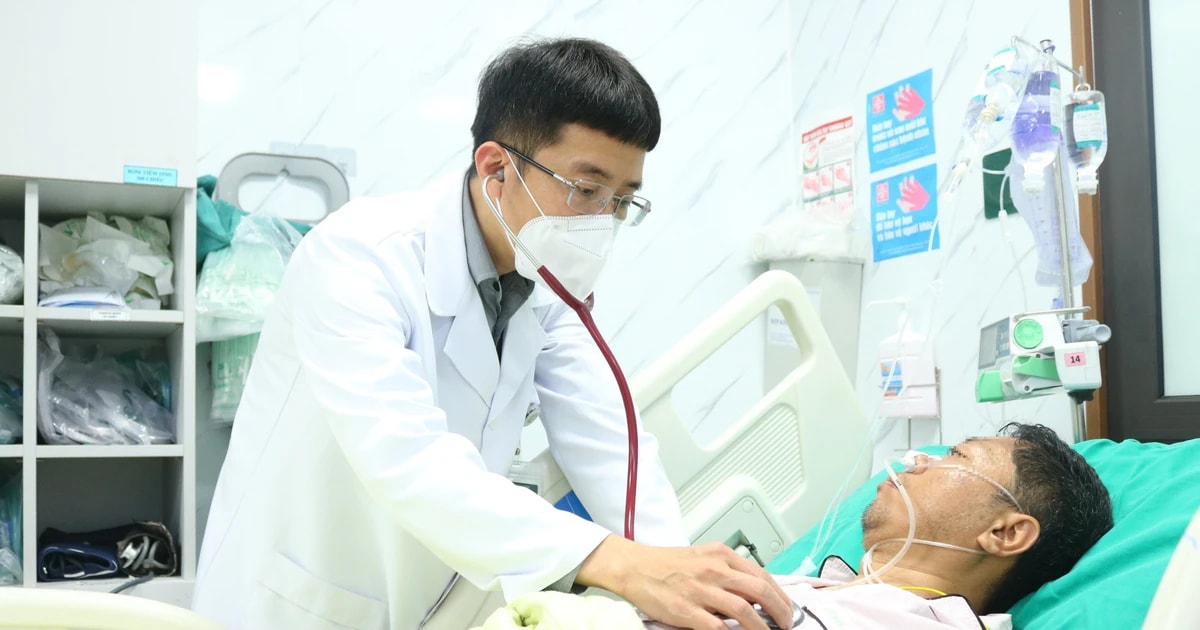
Medical experts emphasize that what you don't do during those crucial first minutes can be just as important as what you do. Here are three actions you should absolutely avoid when someone is experiencing a stroke — no matter how harmless or helpful they may seem.
1. Do Not Let the Person Sleep or "Rest It Off"
One of the most dangerous misconceptions about stroke symptoms is assuming the person is simply tired or needs to lie down and rest. This is especially true for mild or ambiguous symptoms such as sudden dizziness, confusion, slurred speech, or weakness in the limbs — which are often misinterpreted as fatigue or low blood pressure.
Why it's a mistake:
Encouraging the person to lie down or “sleep it off” can delay urgent medical care. Stroke symptoms can worsen within minutes. Time lost is brain lost. The sooner a stroke victim receives medical attention — ideally within the first “golden hour” — the better their chances of survival and recovery. Delaying treatment can result in irreversible brain damage.
What to do instead:
If someone shows signs of a stroke, such as facial drooping, arm weakness, or speech difficulties (remember the acronym FAST: Face, Arms, Speech, Time), call emergency services immediately. Keep the person awake and alert while waiting for help to arrive.
2. Do Not Give Food, Water, or Medicine
Another common mistake is trying to give the stroke victim food, water, or medication while waiting for the ambulance, especially if the person is conscious but confused.
Why it's a mistake:
Most stroke patients experience some level of difficulty swallowing (dysphagia), even if it’s not immediately obvious. Giving them anything to eat or drink could cause choking or aspiration, where food or liquid enters the lungs instead of the stomach — leading to serious complications like pneumonia.
Additionally, giving medications such as aspirin can be very dangerous if the stroke is hemorrhagic (caused by bleeding in the brain), as it could increase internal bleeding and worsen the situation.
What to do instead:
Avoid giving the person anything by mouth, including water, food, or medicine, unless instructed otherwise by emergency medical personnel. Let professionals assess the type of stroke before any medication is administered.
3. Do Not Attempt to Drive Them to the Hospital Yourself
In emergencies, many people believe that driving the patient to the hospital themselves will be faster than waiting for an ambulance. While this may save a few minutes, it can backfire badly.
Why it's a mistake:
Ambulances are equipped with life-saving equipment and trained professionals who can provide emergency care en route to the hospital. If the person’s condition deteriorates on the way — such as losing consciousness or experiencing breathing difficulties — you won’t have the resources or training to help. You also risk causing an accident by driving under stress.
Moreover, stroke patients transported by ambulance are typically prioritized for treatment upon arrival, reducing delays in receiving critical care like a CT scan or thrombolytic therapy.
What to do instead:
Always call emergency services and wait for professional help to arrive. While waiting, position the person on their side if they’re vomiting, loosen tight clothing, and monitor their breathing.
Final Thoughts
Stroke is a medical emergency that requires immediate and appropriate action. When someone’s life is hanging in the balance, acting quickly but wisely can make the difference between recovery and lifelong disability — or even death. Even with the best intentions, the wrong response can cost someone their future.
To recap:
-
Don’t let them sleep off symptoms — get help immediately.
-
Don’t give them food, water, or medicine — wait for trained professionals.
-
Don’t drive them to the hospital — call an ambulance.
Spread this knowledge with your loved ones. It may one day save a life — perhaps even your own.
News in the same category

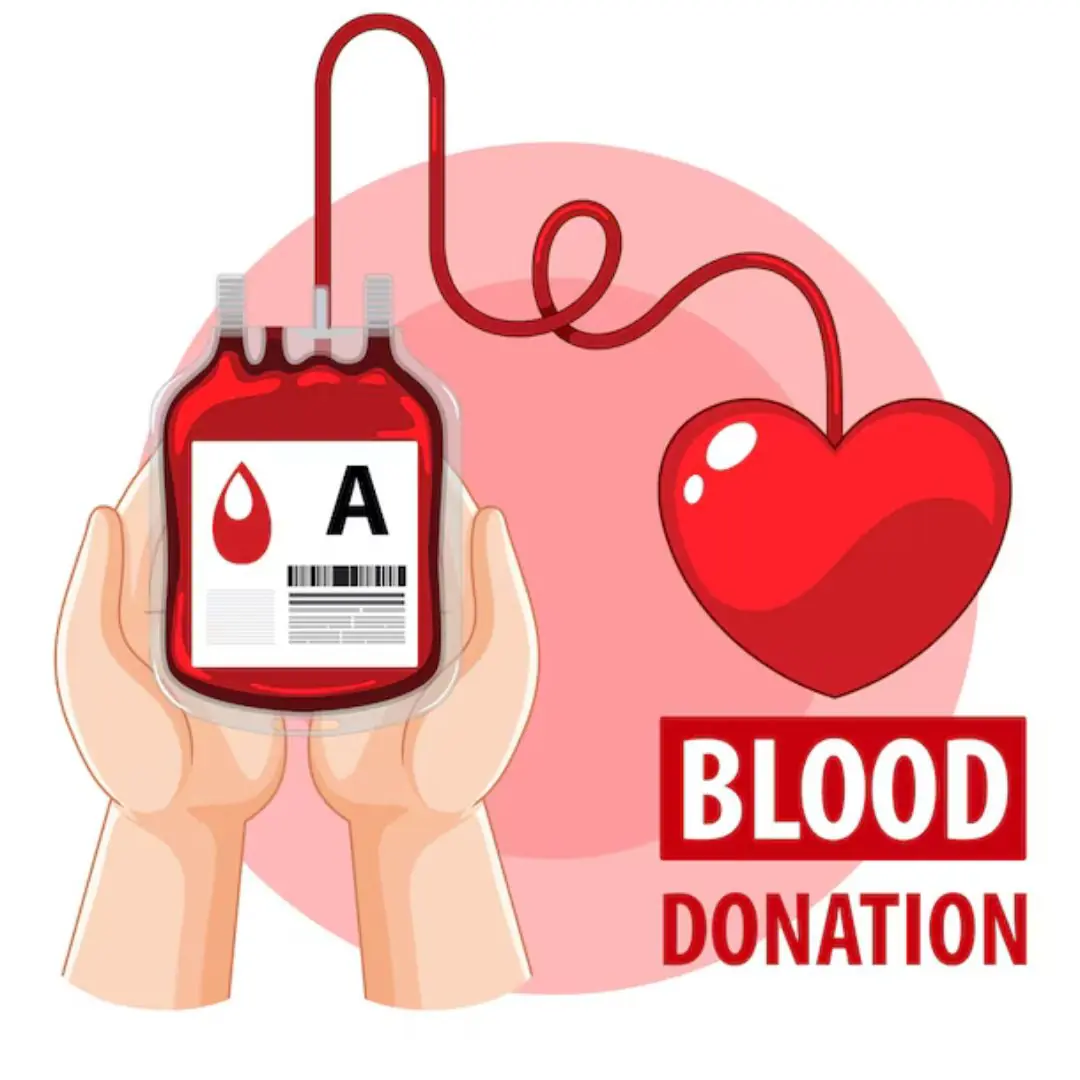
The Surprising Benefits of Donating Bl.o.od
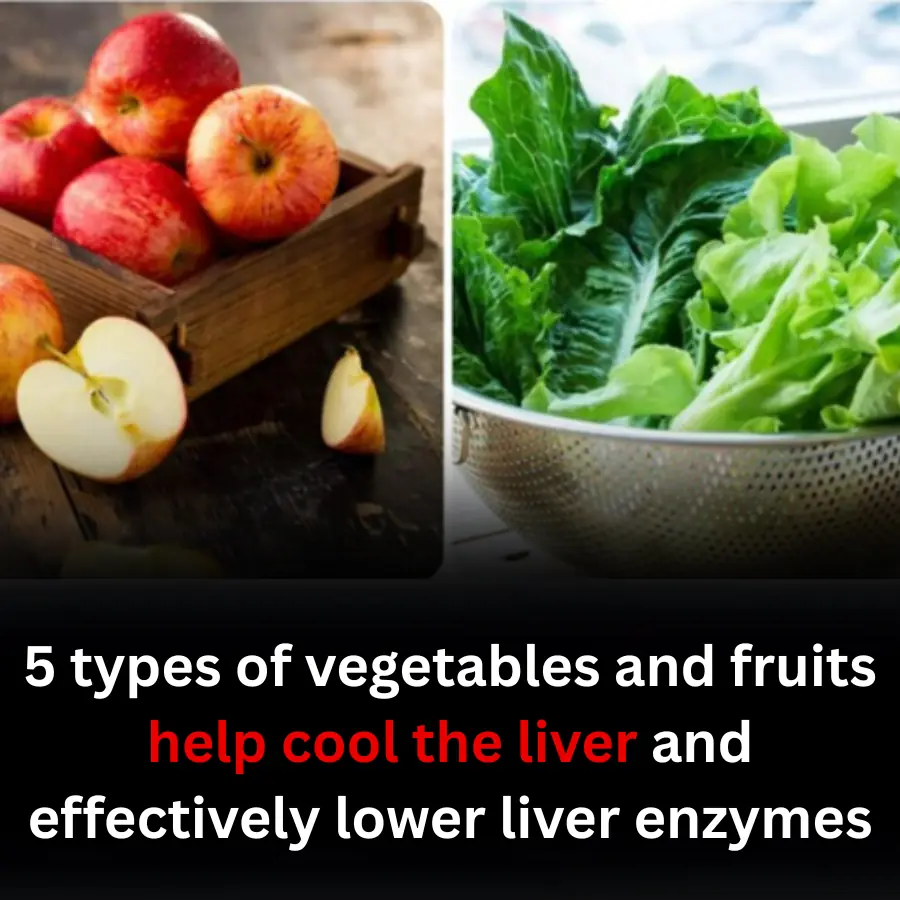
5 types of vegetables and fruits help cool the liver and effectively lower liver enzymes
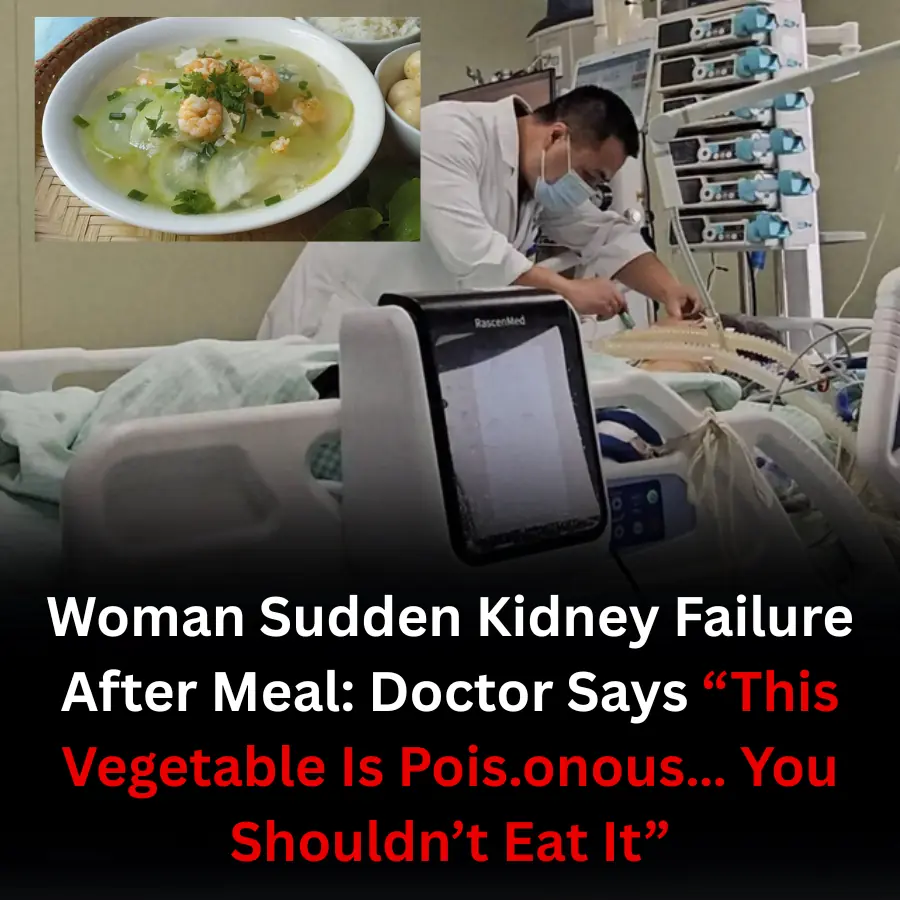
Woman Sudden Kidney Failure After Meal: Doctor Says “This Vegetable Is Poisonous… You Shouldn’t Eat It”
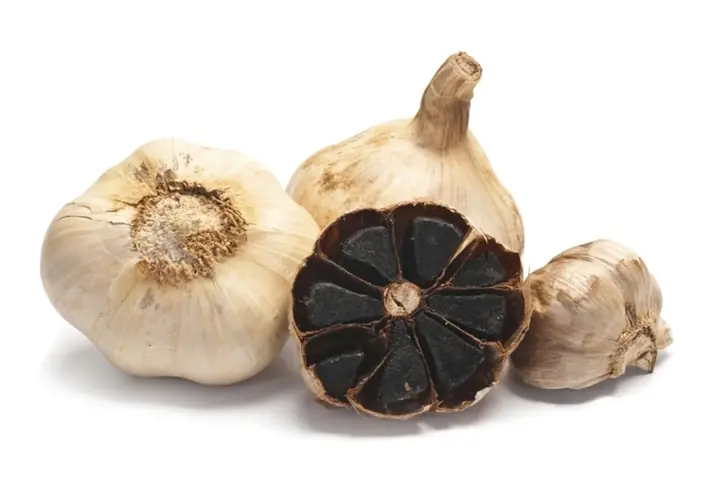
Shocking Truth: Black Garlic Isn’t for Everyone — 5 Types of People Who Should Avoid or Limit It Immediately
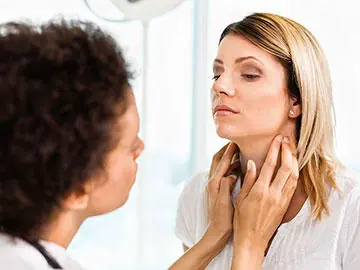
5 Early Warning Signs Your Body May Be Signaling Can.cer — See a Doctor Before It’s Too Late

Who should not drink soy milk? 6 things to remember
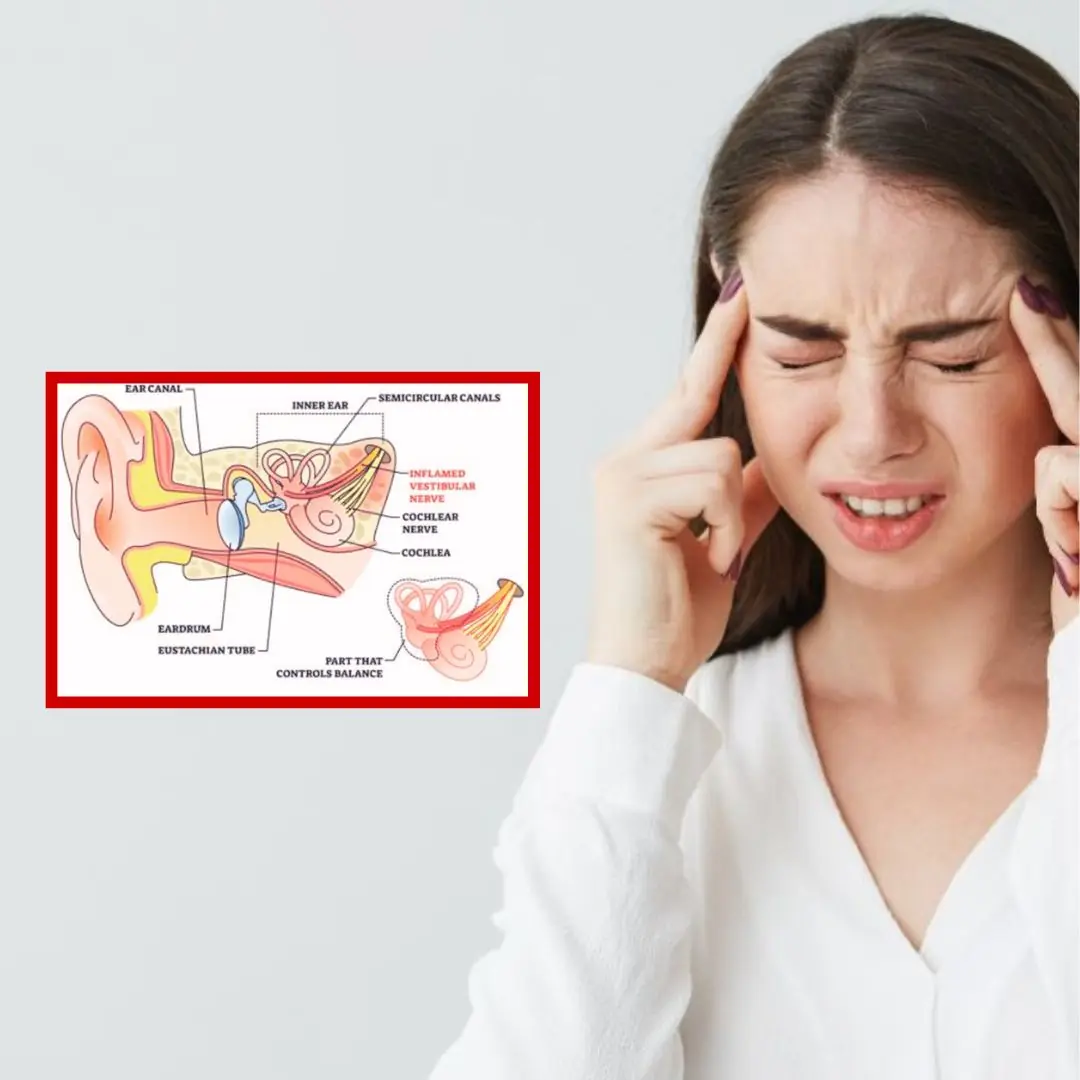
Understanding Vestibular Disorders: Causes, Symptoms, and How They're Treated
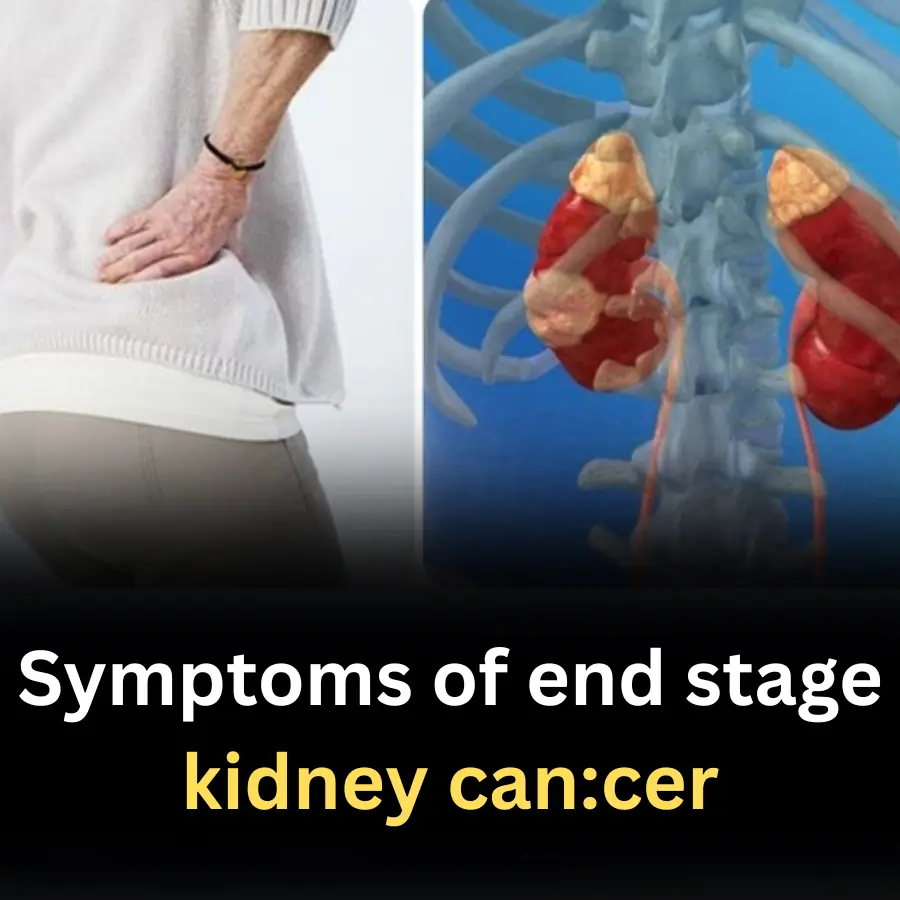
Symptoms of end stage kidney can,cer
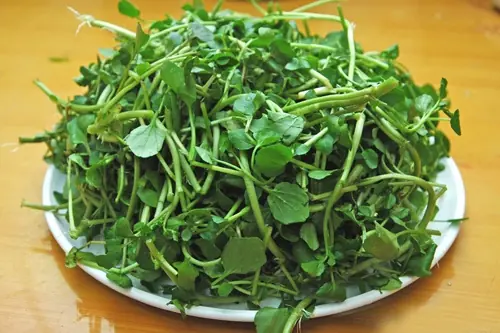
4 best vegetables to help prevent canc.er

This fruit is extremely high in starch but helps reduce blood sugar and prevent 5 types of can.cer
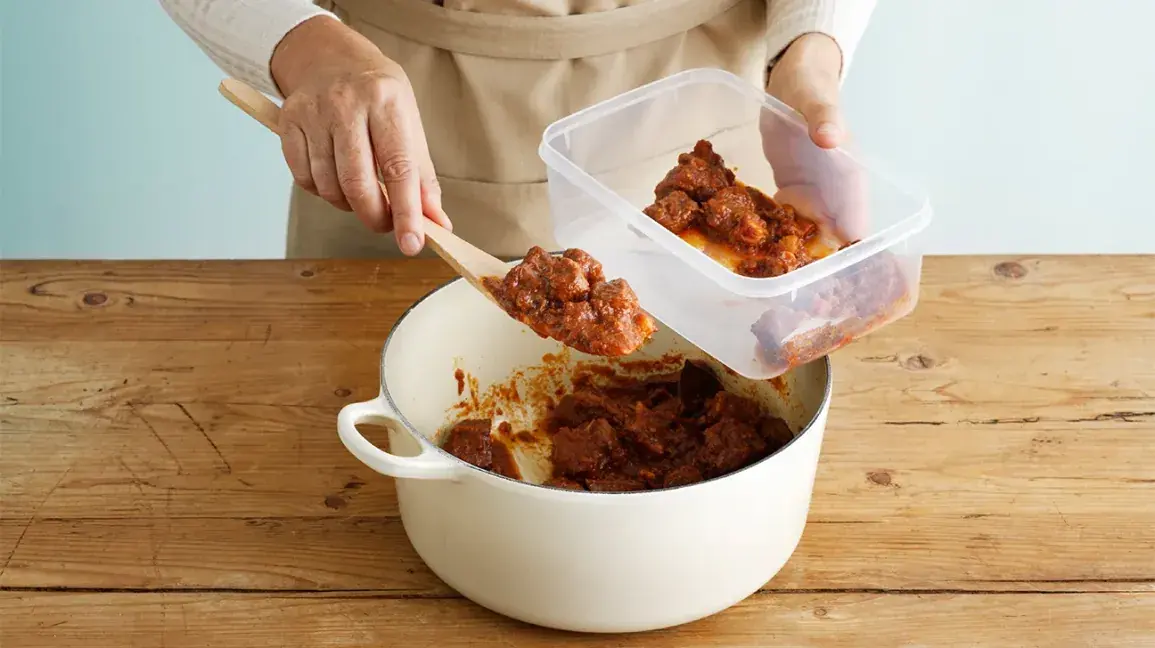
These 3 “Frugal” Habits Are Actually Selling Out Your Health
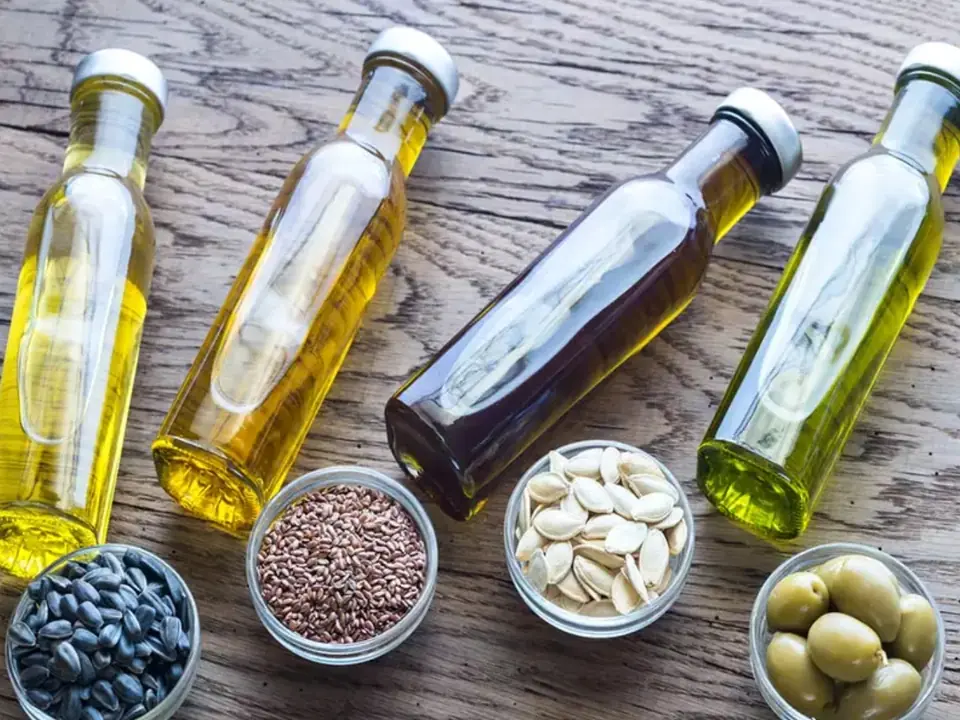
Types of cooking oils that are good for the heart
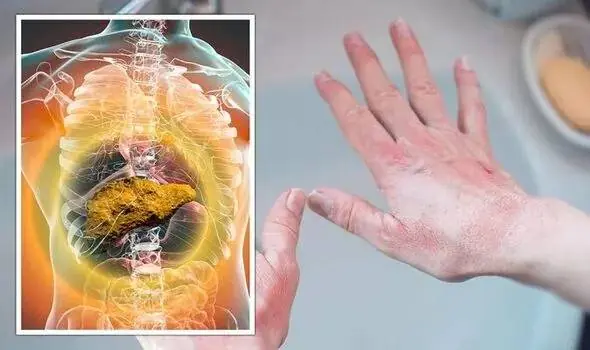
When Your Li.ver Is “Drenched” in Fat, Your Body Sends 5 Nighttime Warnings
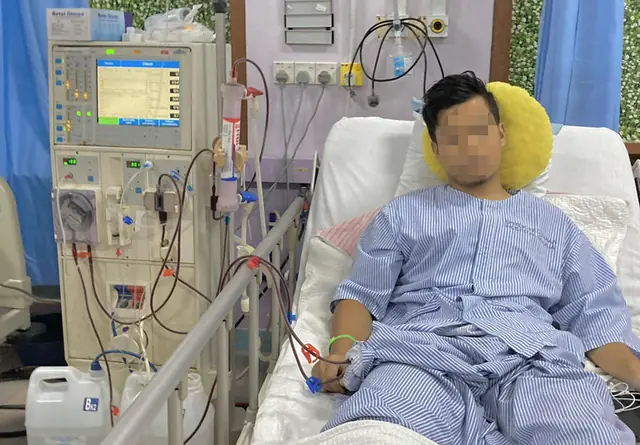
Man Diagnosed with Kid.ney Failure from 3 "Tasty" Foods
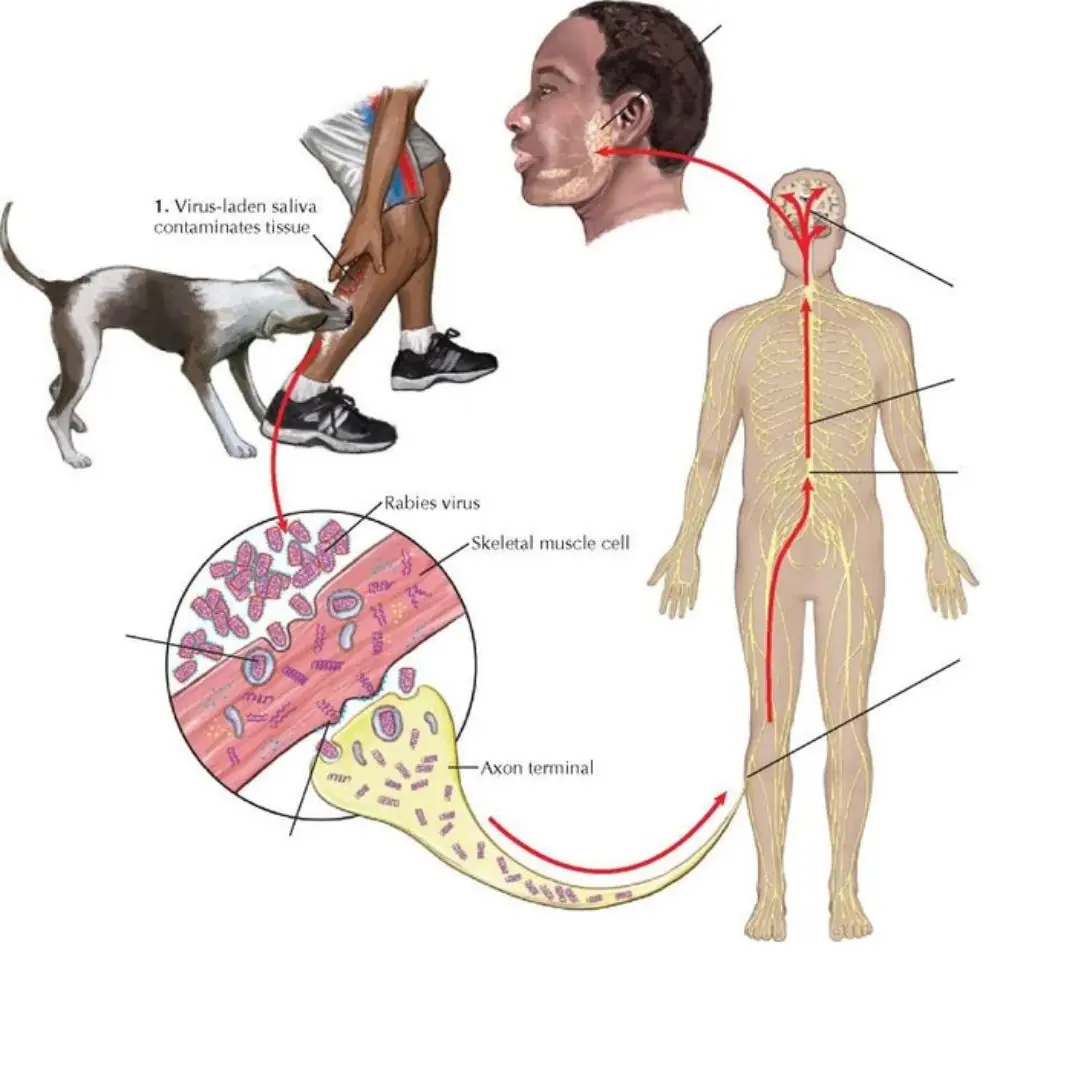
Recognize signs of rabies according to each stage of the disease
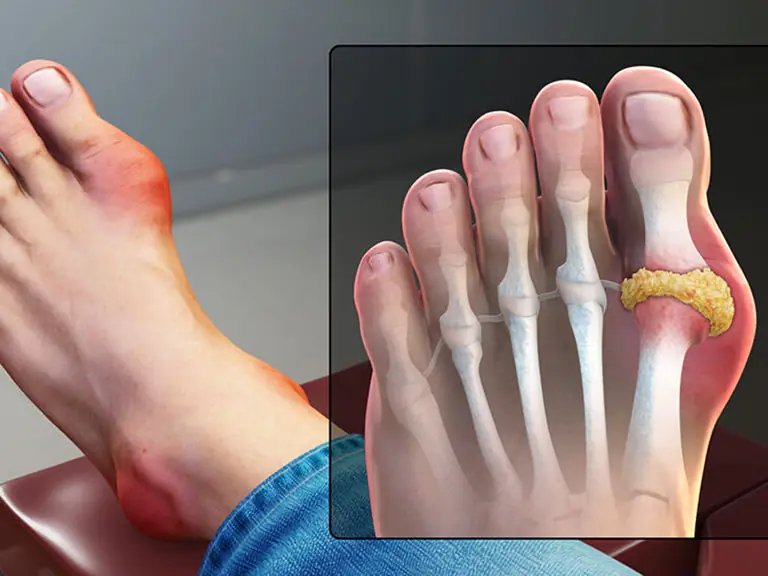
Those with gout should absolutely avoid these foods
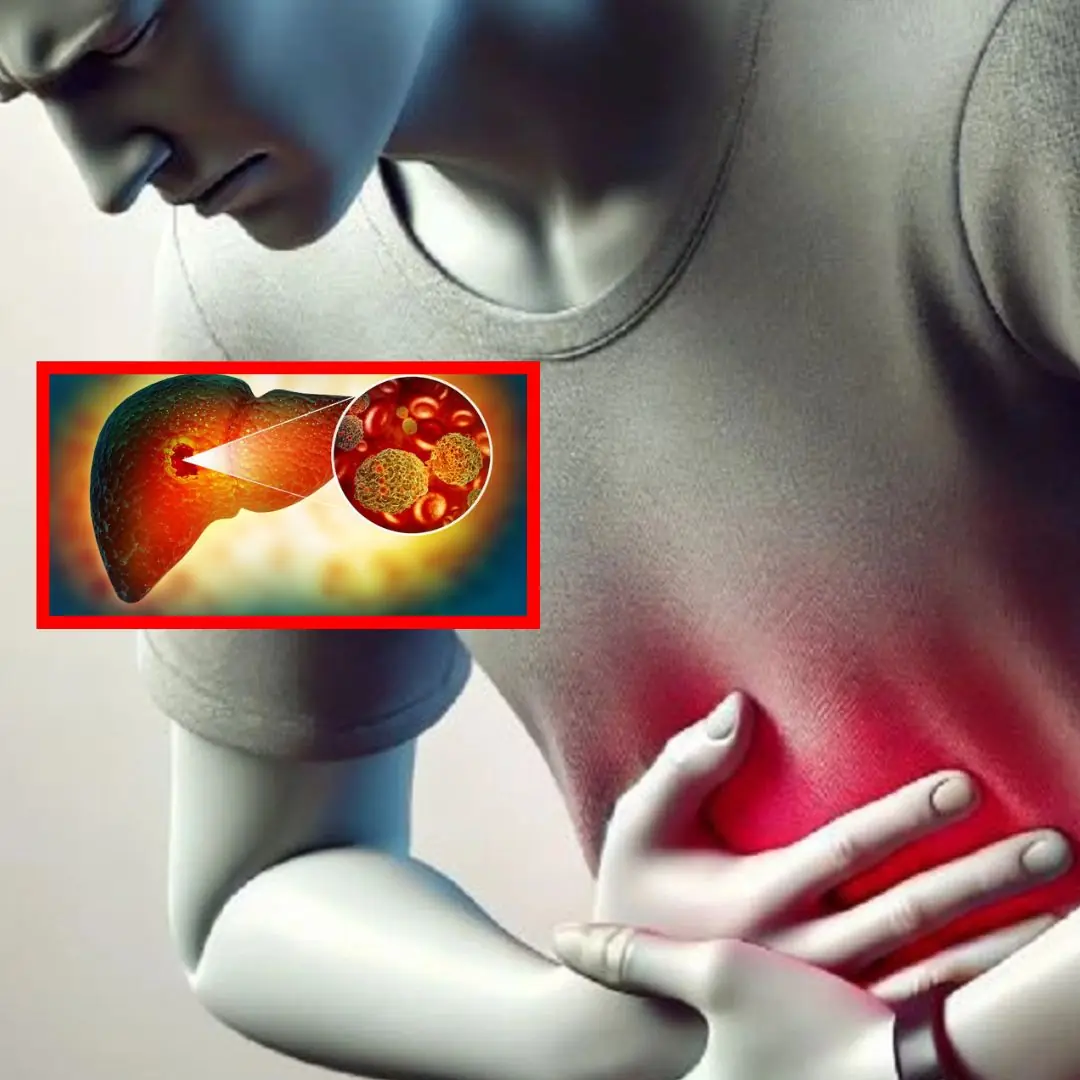
5 Nighttime Symptoms Warning of Fatty Liver
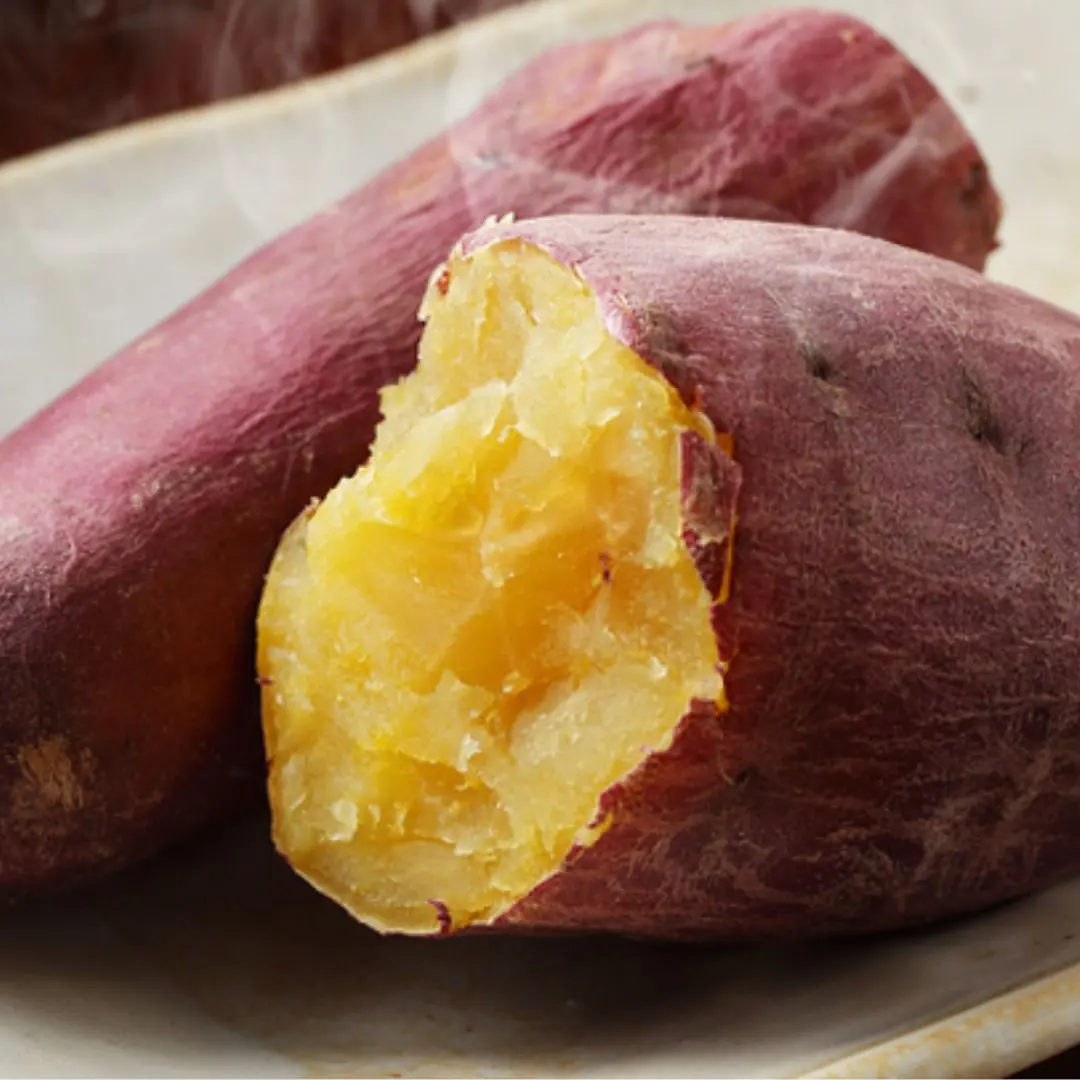
9 'super foods' favored by people over 100 years old
News Post
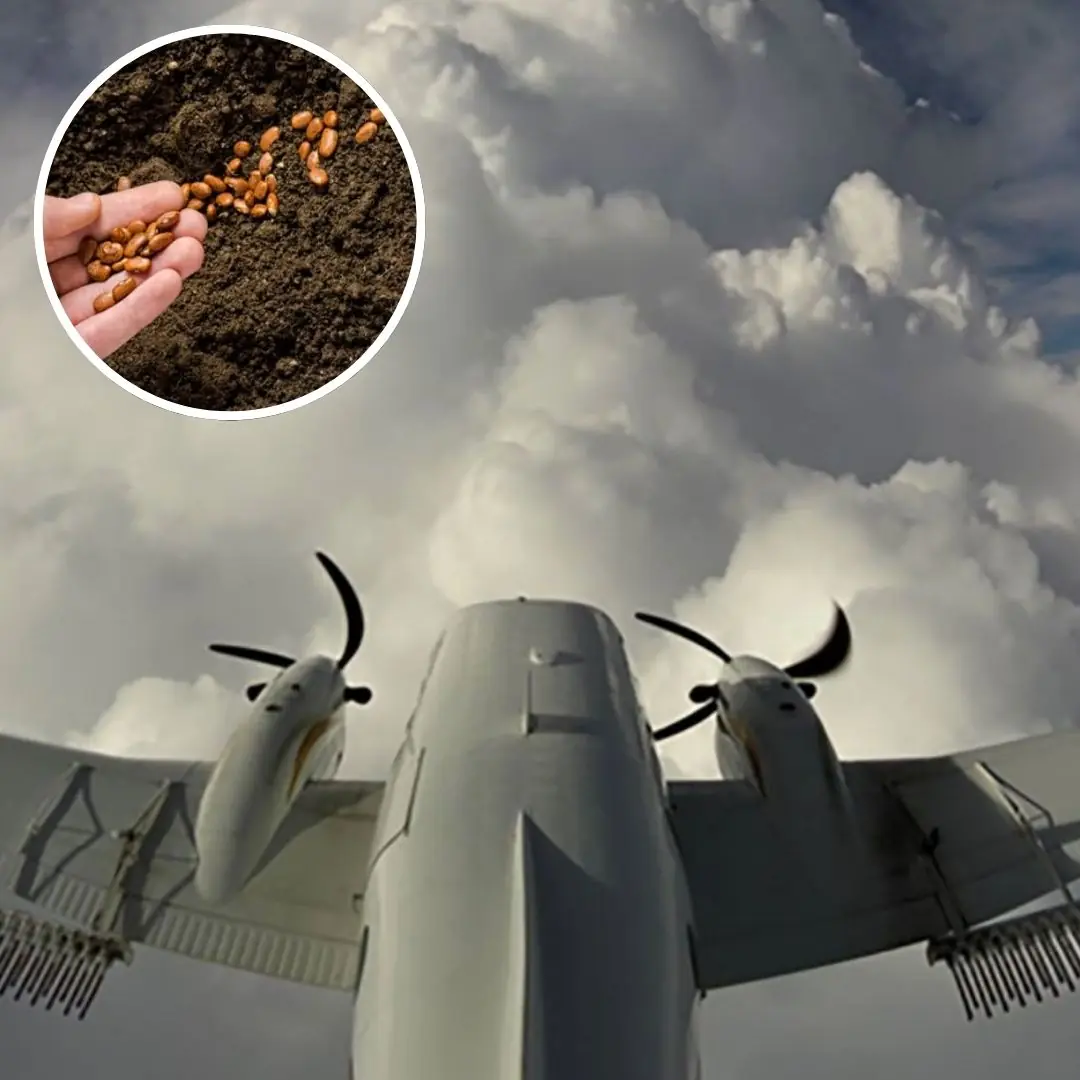
Why You Should Not Bring Seeds on a Plane: A Detailed Explanation

Bladder Ca.ncer: Symptoms You Shouldn’t Ignore
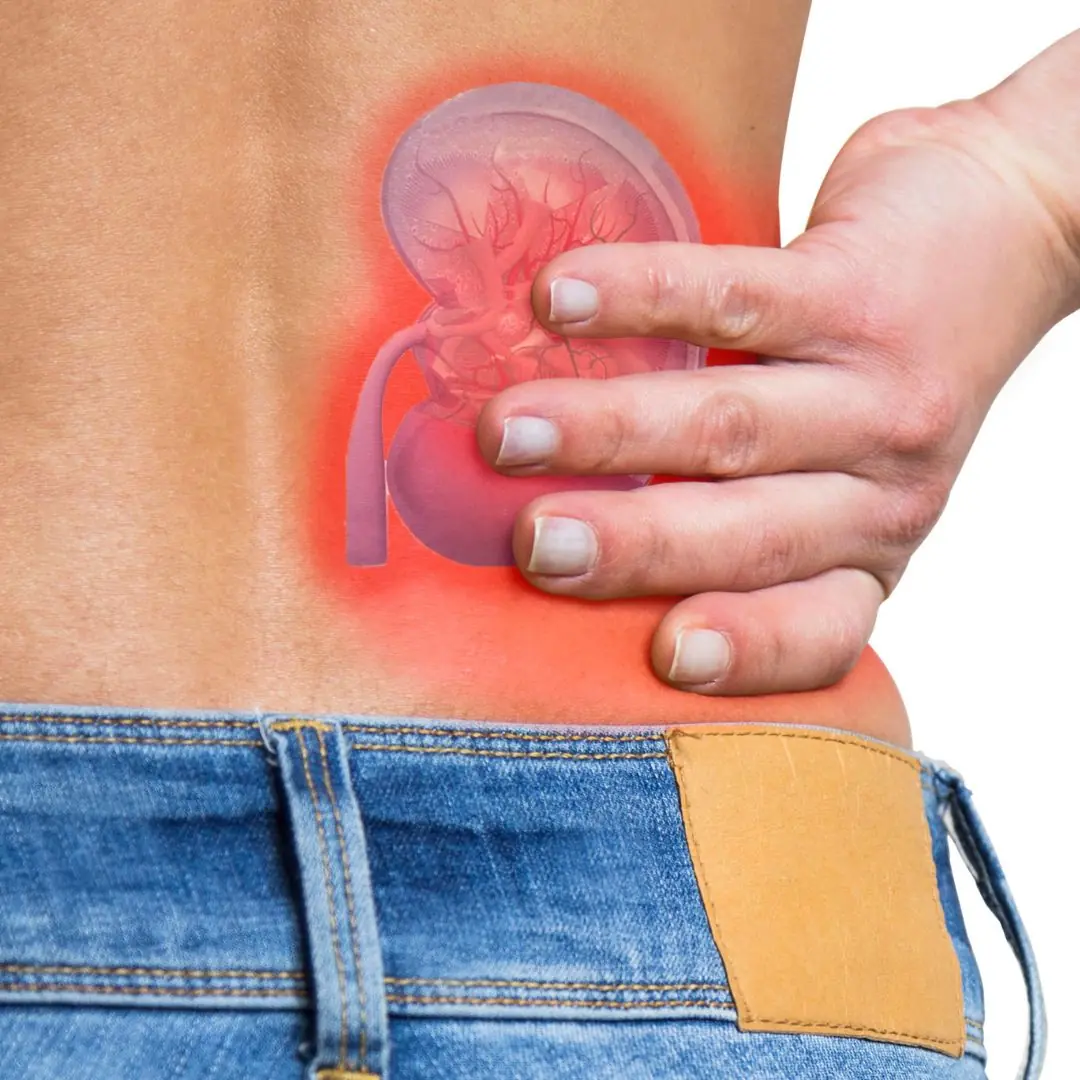
4 Healing Drinks to Prevent and Dissolve Kidney Stones

10 Powerful Reasons a Simple Smile Can Change Your Life

The Surprising Benefits of Donating Bl.o.od

5 types of vegetables and fruits help cool the liver and effectively lower liver enzymes

Top vegetable to help reduce visceral fat extremely effectively, nutritionist reveals 4 more easy ways to lose weight

Woman Sudden Kidney Failure After Meal: Doctor Says “This Vegetable Is Poisonous… You Shouldn’t Eat It”

3 Common Mistakes in Storing Watermelon During Summer

Shocking Truth: Black Garlic Isn’t for Everyone — 5 Types of People Who Should Avoid or Limit It Immediately
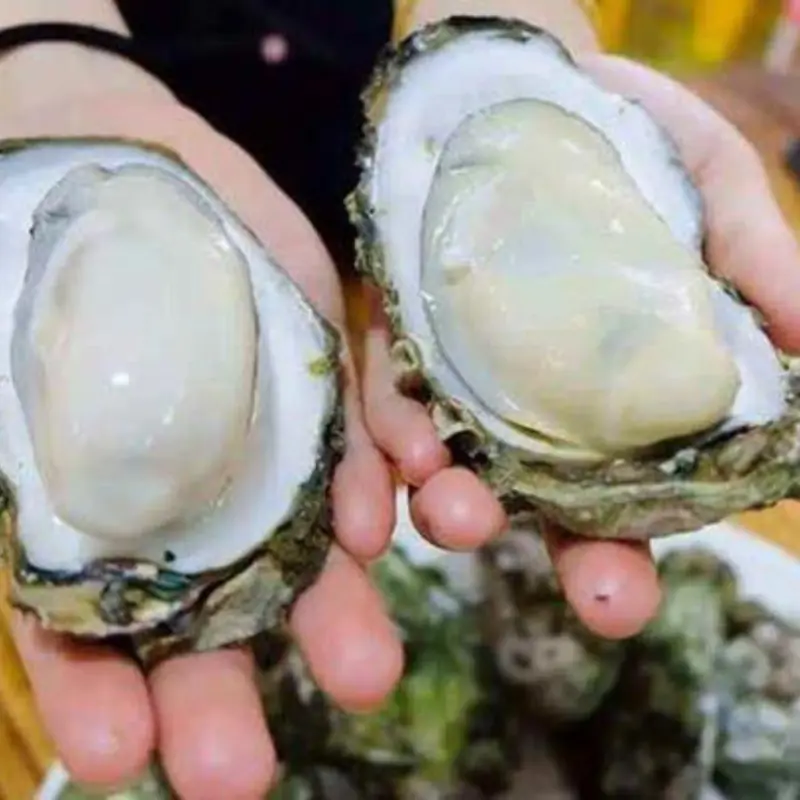
When Buying Oysters, Avoid These 3 Types
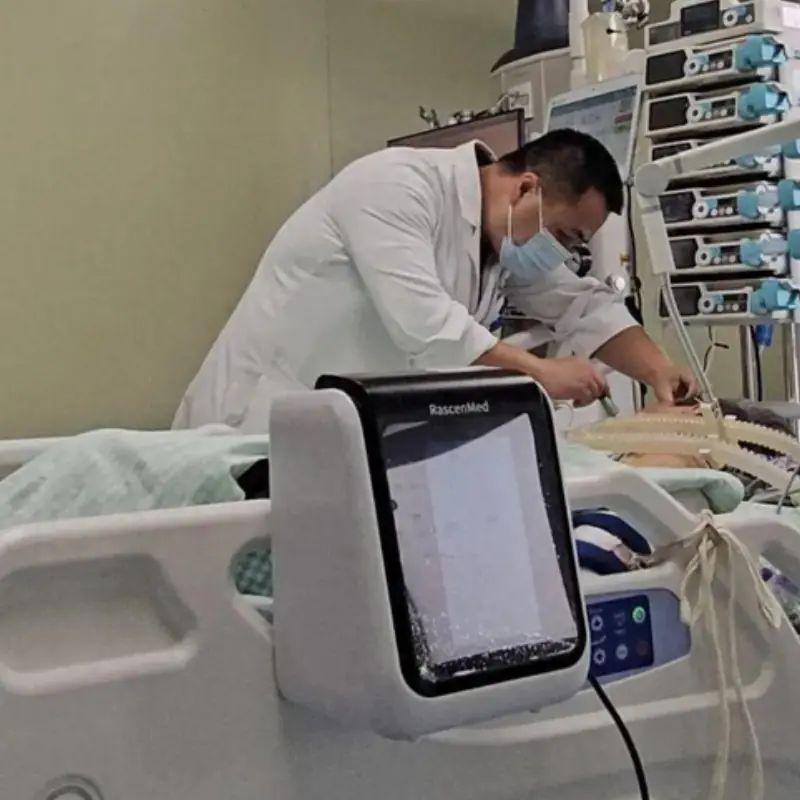
Woman Suddenly Suffers Kid.ney Failure After a Meal

5 Early Warning Signs Your Body May Be Signaling Can.cer — See a Doctor Before It’s Too Late
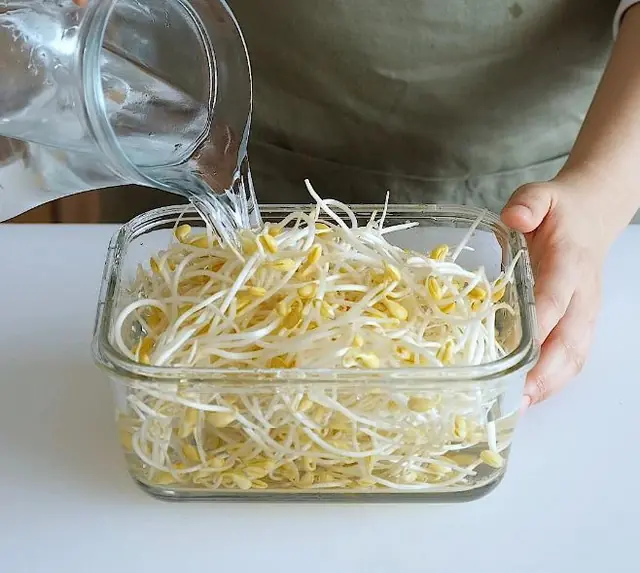
3 Common Yet Har.mful Ways People Store Bean Sprouts — Convenient but Nutrient-Depleting and Risky to Health

Why Dogs and Cats Often Hate Each Other—Most People Don’t Know This
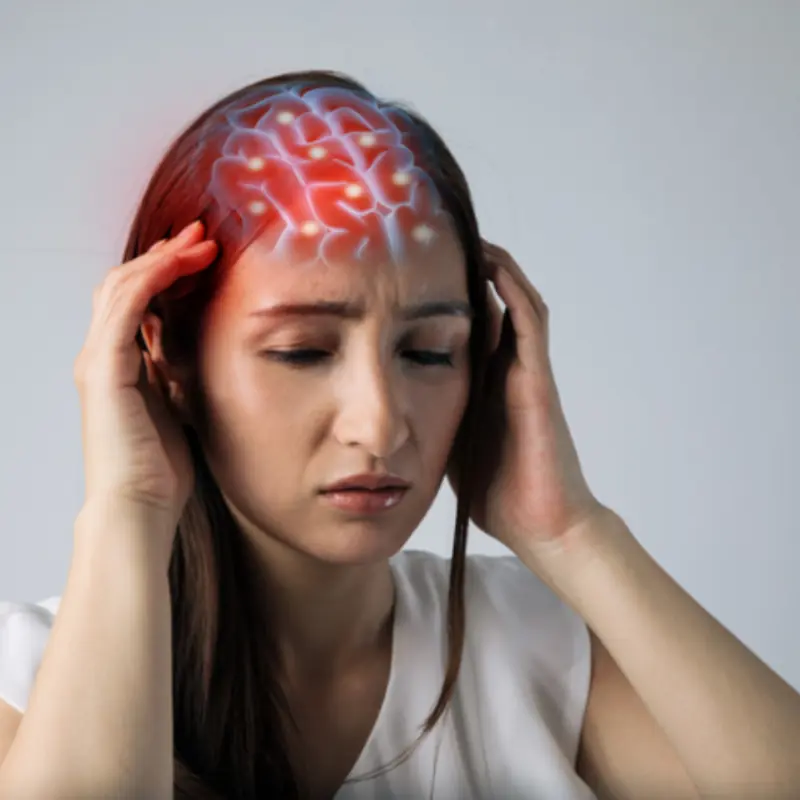
4 Morning Habits That Increase Str.oke Risk—Avoid Them at Any Age
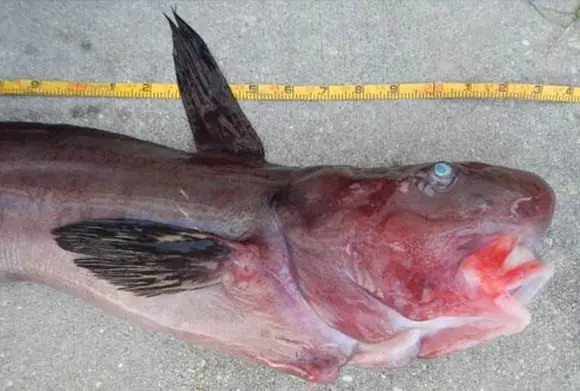
Smart Shoppers Avoid These 3 Types of Fish at the Market
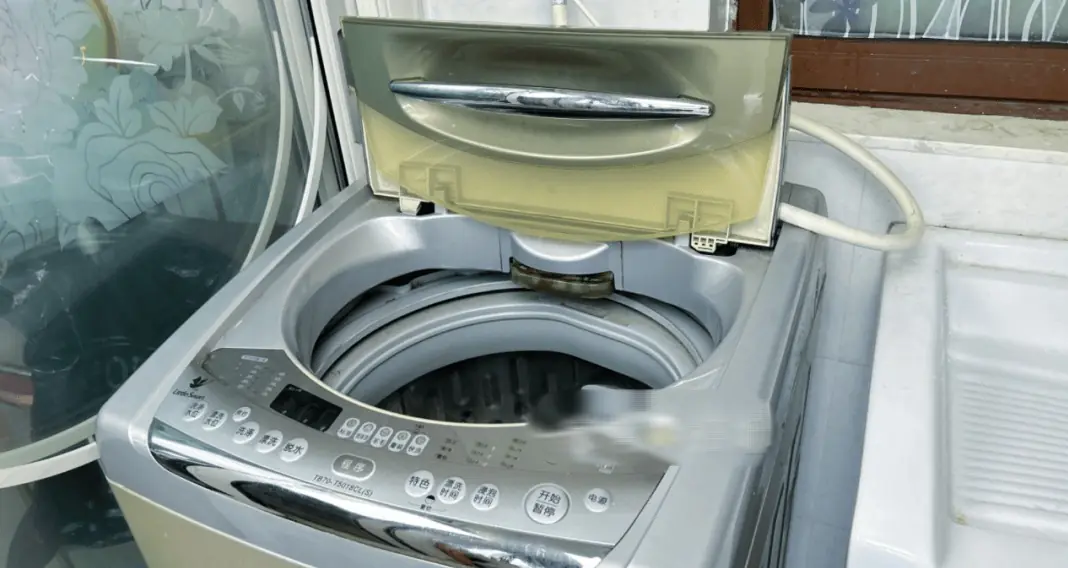
2 Hidden Spots in Your Washing Machine That Make Clothes Dirtier
